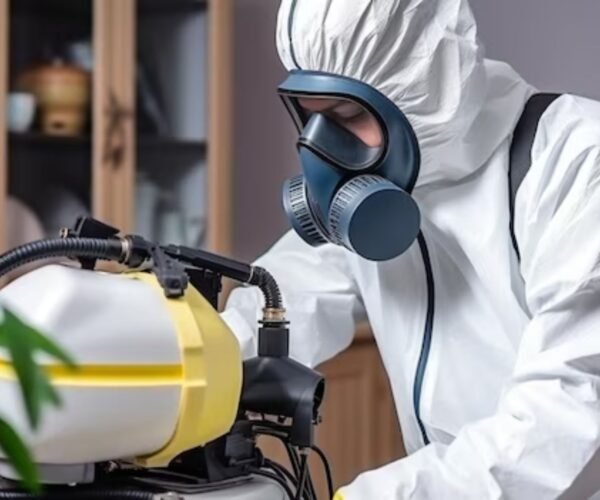There is no cure for atopic eczema, but there are treatments that will help manage this common inflammatory skin condition. Moderate to severe cases may require prescribed drugs and specialist therapies.
No matter the stage of the disease, self-care is vital to alleviating current symptoms and preventing future episodes alongside skin infections.
Your doctor will help to guide you through the process and suggest you use the step-wise approach and try to understand if the process is working or not, before trying others that will have more risks. There are many Eczema Creams and ointments to treat your skin conditions.
How to treat Skin Condition with Eczema Skin Cream?
For Eczema treatment using skin cream, use it as you’d the other moisturiser. Take a brief bath or shower with warm water twice each day. A patient with a moderate case of eczema ointment applied Vaseline to at least one arm and skin cream to the opposite, twice daily. In eczema, it’s extremely important to form sure the skin doesn’t become too dry. Research also suggests that good skincare can reduce the necessity for steroid products.
In mild eczema, dry skin is that the main symptom. An honest skincare routine is then often enough to stay the condition cornered. Acute rashes are treated with additional anti-inflammatory creams, as an example containing steroids. These are called topical corticosteroids.
It suggests that doctors can’t prescribe them and, as a result, statutory health insurers generally won’t buy them. Patients need to buy these eczema skin cream and ointment products for their conditions with come exceptions. Some products that are only available in pharmacies are often prescribed for youngsters under the age of twelve.
Treating Eczema
It is necessary to know that eczema treatment is not one-size-fits-all. To stay healthy while handling eczema is to keep your symptoms manageable.
- Knowing your triggers
- Implementing a moisturising and bathing regimen
- Using your medication regularly as prescribed
- Trying to find symptoms of infection like redness, pain, and warmth on your skin
One way to stop worsening your eczema symptoms is avoiding rubbing and scratching affected skin. You ought to also refrain from contact with substances or materials which will trigger your condition.
Unfortunately, some eczema sufferers can do all of the proper things, and their condition still flares. Eczema is usually a hit or miss condition, and far research is ongoing to find out more about it.
Takeaway
Before trying a new at-home remedy, you must contact your dermatologist or skincare physician to get specific guidance for your skin health situation.
Learning what causes your eczema outbreaks is significant because it may affect what medications — or alternative or complementary eczema treatment are best for you.
Before pursuing a replacement treatment, confirm that it does not contain one among your triggers.





